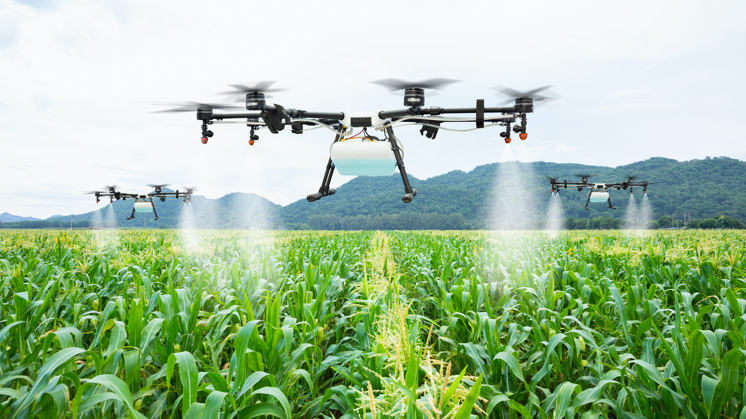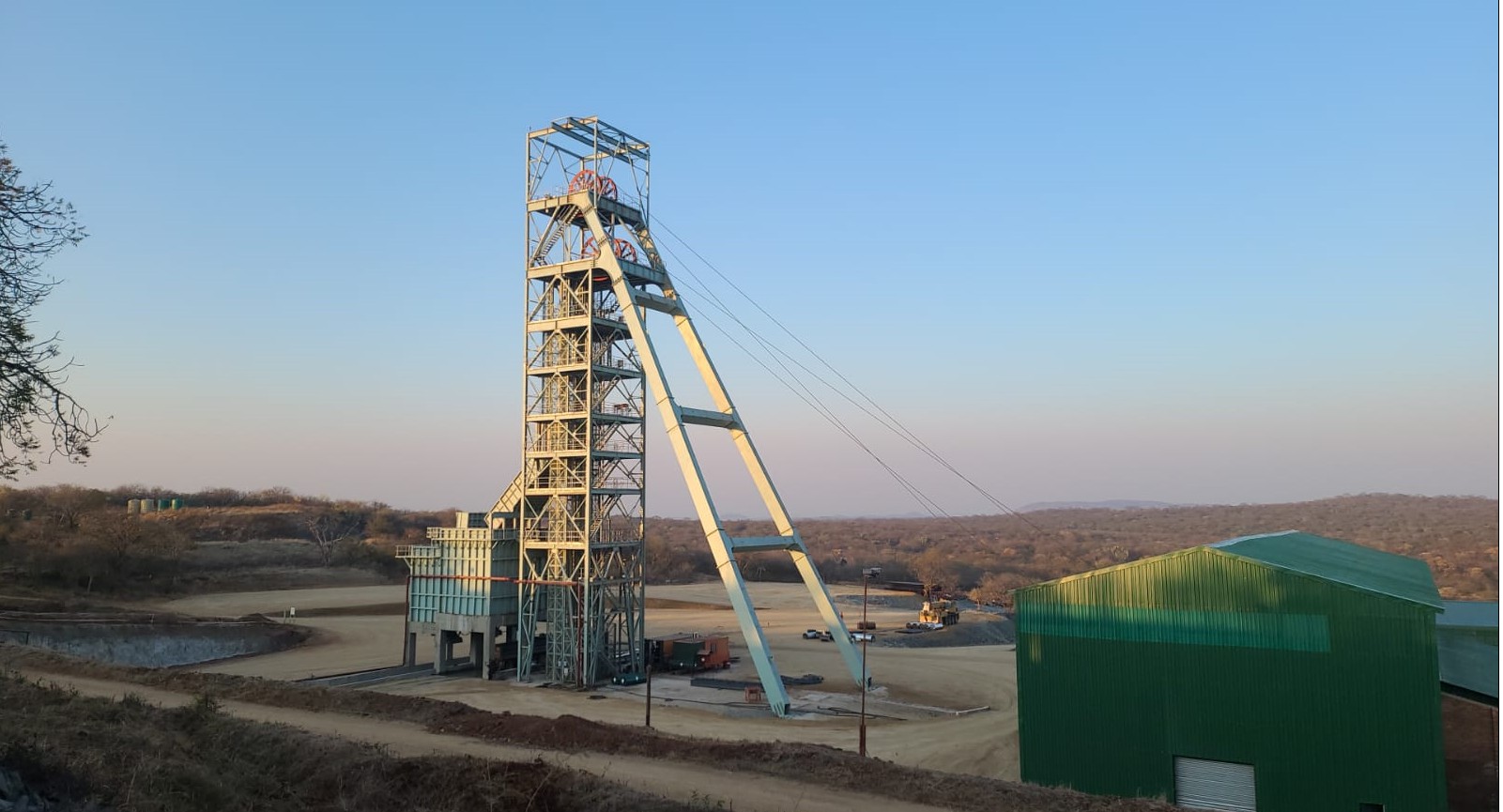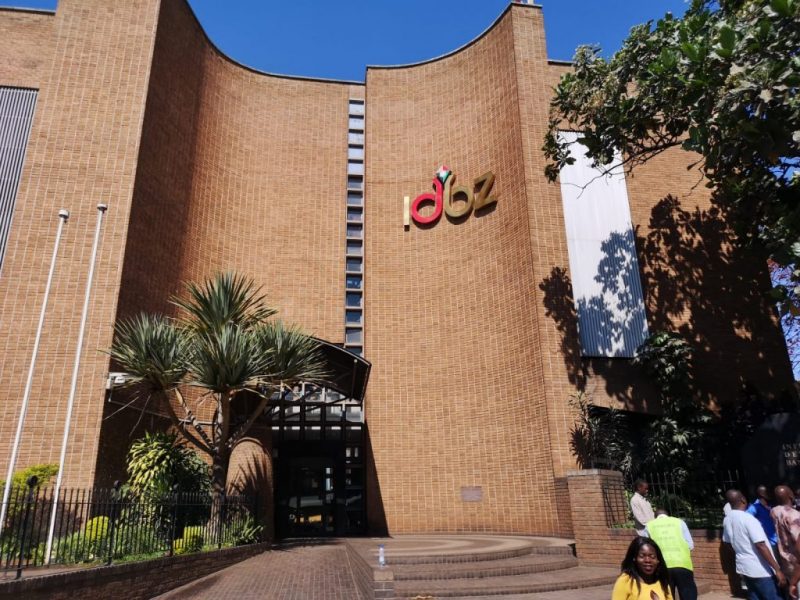ElNino poses threat to listed agro-stocks
While the agricultural sector remains resilient and offers hope for economic growth, the looming threat of an El Nino weather pattern could pose a significant setback for some listed agro-stocks.
The World Meteorological Organization’s (WMO) warning of El Nino conditions could severely impact farm output in Zimbabwe and some regional countries.
Zimbabwe is likely to experience a drought in the next season due to El Nino climate phenomena already threatening higher food prices and stoking inflation.
In July, the WMO declared the start of the devastating climate phenomenon, warning its return in five years would lead to rising global temperatures and extreme weather conditions.
The U.N. weather agency estimated there is a 90 percent probability of the El Niño event persisting through the second half of the year.
According to the WMO, it occurs on average every two to seven years in episodes lasting nine to 12 months.
It is a naturally occurring climate pattern linked to the warming of the ocean surface temperatures in the central and eastern Pacific Ocean and takes place in the context of a climate changed by human activities.
In Southern Africa, Zimbabwe, alongside Mozambique, and Madagascar are listed as highly exposed nations.
While Lesotho, Malawi, Zambia, and South Africa are not currently listed as countries that require “close monitoring”, that may change over the coming months, according to a Swiss-based academic and research institution, ACAPS.
The stocks that are likely to be affected by El Nino weather conditions include National Foods, Seed Co Limited, Seed Co International, and Dairibord.
“Climate change remains front and center of viability concerns for sustained agricultural activities. The magnitude and frequencies of extreme weather events are forecasted to increase into the next decade.
“El Nino conditions have been predicted in 2023 pointing to elevated temperatures in many parts of the world and flood risks in others,” said research firm IH Securities.
The government has already warned that the forecasted drier conditions would impact negatively on agricultural output and compromise on food security of the country.
A poor summer cropping season may also slowdown overall economic growth by between 0.6 percent to 1,1 percent depending on intensity, while also reducing revenue inflows and increasing expenditures, mainly towards social protection programmes.
Previous droughts had implications of increasing fiscal deficits by an average of 0.4 percent of the gross domestic product.
On a more positive note, an upward revision of retention ratios for exports at the beginning of the year has boosted the viability of operations for exporters within the agricultural sector
Dairibord is seen as having the potential to leverage the demand gap in milk and milk-based products to increase volumes through U.S dollar sales channels.
However, IH highlighted that while there had been a gradual improvement in the supply of raw materials, the pricing for raw milk remains elevated compared to the regional average.
Natfoods is expected to benefit from its capacity expansion initiatives. Near-term projects include the commissioning of a new flour milling plant in Bulawayo designed to increase wheat milling capacity by an additional 2 000 tonnes per week, a cereal plant, and a new biscuit line.
The company has also approved a US$5,3 million upgrade of the Harare rice packaging plant and a further US$1,5 million investment in the hard snacks products.-herald









